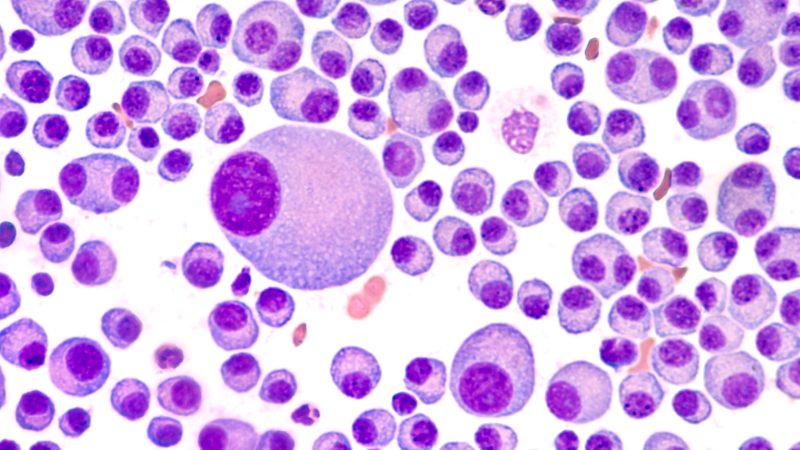Rafael Fonseca, the Chief Innovation Officer at Mayo Clinic, Arizona, recently tweeted:
“Some musings on myeloma therapy after coming back from ASCO and EHA 2023 (a bit old now). Most of the interesting data used T cell therapies (CARTs and bispecific). A thread with my candid impressions, and without much curation.
The critical importance of IVIG replacement
In many trials, most patients were not replaced (~30-40% were). We must do better and are now working on this with our nurses. SQ administration seems attractive.
Some centers routinely replace with IVIG when patients are being treated with bispecific antibodies, regardless of the baseline IgG serum concentration. Don’t omit cases of IgG MM with elevated IgG?
Some trials and centers are contemplating early tocilizumab. With teclistamab, the rate of Grade 2 was the same and thus questionable if beneficial. With cevostamab, it decreased CRS G2 by 50%. The jury is still out there.
It may be a “fluke” but there may be a signal of an association between toci and fungal infections, pretty much early on. Whether this represents the background of aggressive MM or a toci effect needs to be determined.
These therapies show a higher risk of opportunistic infections that we think are T cell deficiency related, including adenoviral infections (fatal hepatitis in one case). Those T cells get exhausted! https://practiceupdate.com/content/infections-after-bispecific-antibodies-in-patients-with-myeloma/154727/55/1/1
Some expressed concern regarding the long-term use of steroids with bispecific Abs. Most said they would be OK administering it with doses 1 and 2, but then stop.
The frequency of administration for bispecifics was discussed with a tendency to move to the same schedule as daratumumab – I like it! Maybe response-adjusted and as a good way to try to minimize toxicity. However, Nizar Bahlis also reminded us it may also be more effective.
The question of CMV monitoring remains. It seems many centers have moved away from routine measurement and will only test if symptoms arise. Often, one can see a low-level reactivation, and there is no therapy being provided yet for that.
Several trials are looking at combinations. There is some concern but also some very intriguing possibilities. Data combined with talquetamab (to control T-regs?) Not sold in the MOA but the empirical data (TRIMM-2) is quite interesting.
Combinations of two bispecific antibodies with different targets seem promising. Marivi Mateos presented such data at ASCO and EHA. It looks promising. Concomitant? Sequentially/alternating? I would love to be able to use bispecifics in MRD+ post SCT.
Other bispecific constructs are coming forward, such as an IgM (“multi-specific”) or smaller protein fragments that create a tighter bond.
CARTITUDE-4 was presented at both ASCO and EHA and the data is quite good – PFS of 3 years. Much better than SOC. HR 0.26!
Dr. Susan Bal presented intriguing data on their CART cell (BMS product) against GPRC5D. Good level of activity!
https://twitter.com/Rfonsi1/status/1667478147925786625?s=20
Other BA (Regeneron and Pfizer’s elranatamab) are looking very good and similar to teclistamab.
Right or wrong, two themes are arising:
I) ‘Use a CART before using a BA,’
II) when considering infections, the more likely to cause is teclistamab, followed by eclistamab, and last talquetamab.
An ide-cel trial addressing its use in suboptimal post-SCT looks very interesting. Deep and hopefully durable responses.
Gamma secretase inhibitors did not look good. Dr. Jeff Matous presented in combination with teclistamab, and toxicity was concerning. New schedules and doses are probably needed.”
Source: Rafael Fonseca /Twitter



